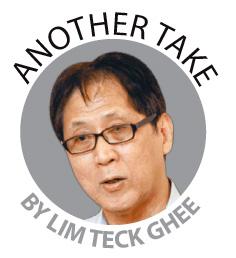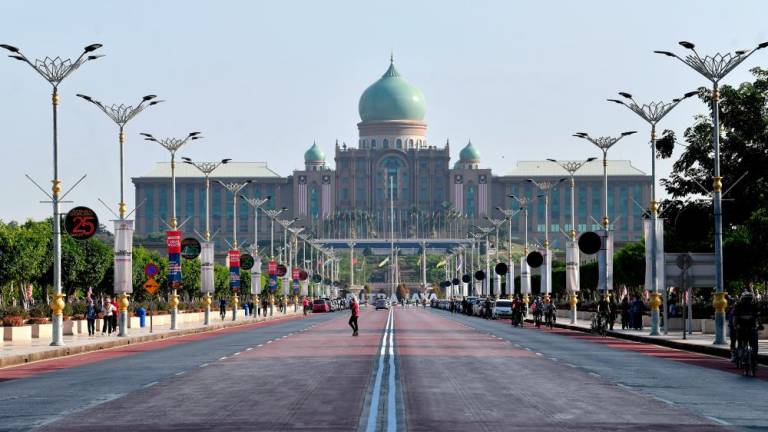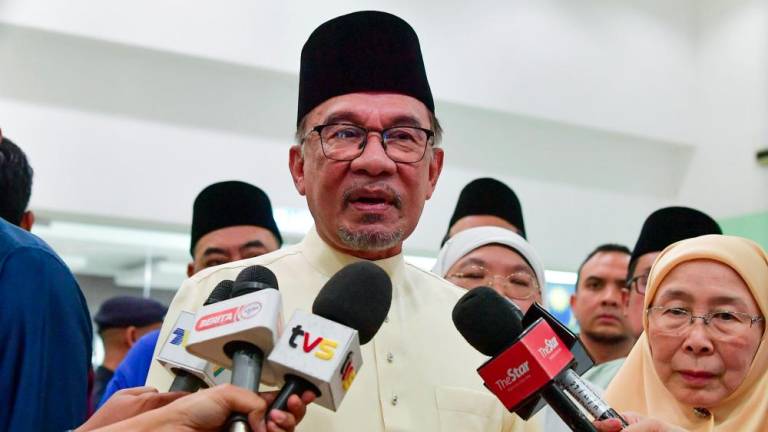CHINA Embassy in London: “The days when global decisions were dictated by a small group of countries are long gone.”
The Western media and President Joe Biden’s anti-China hype
The line from the famous soliloquy by Macbeth in Shakespeare’s play reminds us of what were the expectations built up before the
recently-concluded G7 meeting and what actually was the outcome:“It is a tale told by an idiot, full of sound and fury, signifying nothing.”
Taking their cue from high-level sources in the US and British administration, the BBC, The Guardian and other Western mainstream media had touted a “historic” G7 meeting, with an agenda to consolidate an anti-China axis.
In a piece for the Washington Post, Biden had given early notice that his mission was to ensure that the US and its allies, “not China or anyone else write the 21st century rules around trade and technology”.
His comments echoed his speech to Congress in April. “We’re in competition with China and other countries to win the 21st century.”
Just before the G7 meeting, the United States Senate passed a US$250 billion (RM1.035 trillion) “China competitiveness bill” in preparation for escalating trade and military conflict.
To win the trade war and ensure its dominant political and economic position in the world, the US campaign has focused on China’s alleged human rights record in Xinjiang. That, together with criticism of Putin’s human rights and European track record, were hyped as the
most pressing targets for the G7 group to address.
According to a US official, Biden was “pressing his fellow leaders for concrete action on forced labour to make clear to the world that we believe these practices are an affront to human dignity and an egregious example of China’s unfair economic competition”.
This latest gambit follows from earlier unsuccessful attempts to impose trade barriers and penalise China for allegedly being the sweatshop of the world, engaging in exploiting child and forced labour, abusing labour rights, etc.
Today the “sweatshop” smear is no longer heard. Instead, fear of China’s industrial and technological prowess has assumed centre stage in the US and its allies.
In pushing to punish China for its policy in Xinjiang, the US media has forgotten that President Donald Trump, until very late in his presidency, fully approved of the re-education camps in Xinjiang, which today are described as central to China’s genocidal policies.
According to Trump’s former adviser John Bolton in his book on Trump, The Room Where It Happened, Xi explained to the former president during the 2019 G20 meeting in Japan why he was basically building the camps in Xinjiang to which “Trump said that Xi should go ahead with building the camps, which Trump thought was exactly the right thing to do”.
Independent observers, including officials from Islamic countries who have visited Xinjiang, have refuted the allegations of genocide. It is also noteworthy that the World Bank in a statement on Nov 11, 2019, that dealt with the allegation that institutions associated with the Bank in Xinjiang were “de facto prisons” commented: “In line with standard practice, immediately after receiving a series of serious allegations in August 2019, in connection with the Xinjiang Technical and Vocational Education and Training Project, the bank launched a fact-finding review, and World Bank senior managers travelled to Xinjiang to gather information directly ... The review did not substantiate the allegations.”
Most recently, a majority of nations in the UN (United Nations) system have defended China’s Xinjiang policies, with the latest support from 54 countries issuing a joint statement in October 2019 supporting “the results of counter-terrorism and de-radicalisation measures in Xinjiang, and noting that these measures have effectively safeguarded the basic human rights of people of all ethnic groups”.
Finally to nail the lie of repression of China’s ethnic minorities, there is the undeniable fact that Xinjiang, despite its geographical disadvantages and history of entrenched poverty, has made remarkable strides in its socio-economic development.
In 2019, Xinjiang, with a gross domestic product (GDP) per capita of US$7,868, ranked number 21 out of 36 provinces in China. By comparison, Malaysia had a GDP per capita figure of US$11,414, while Indonesia’s was at US$4,135.
Just as remarkable is that the province has one of the fastest population growth rates in China, increasing its population from 4.8 million in 1954 to 26 million today. This is evidence that the charge of forced birth control and sterilisations of the Uygurs has no basis and is part of a campaign to sow racial and religious hatred and demonise the Chinese government.
What happened at the G7 meeting?
Analysis of the G7 meeting proceedings and final communique indicates a clear defeat for the US, British, Canadian and Australian leaders and lobbyists seeking to use their collective clout to initiate a new cold war against China and Russia.
Despite pressure from the US, G7 members Germany, France, Italy and Japan have decided that China was not their enemy or competitor in the same way that the US had conjured for itself, and that their own national interests are against any US-engineered G7 plan of action to take down China for its human rights and alleged forced labour record in Xinjiang.
What happened to G7’s more important global agenda?
Ignoring the anti-China and anti-Russia focus in the media, hopes were high among many global citizens that the grouping of some of the most prosperous nations of the world would provide urgent leadership and resources needed to address the two most serious threats to global security and well being today – Covid-19 and climate change.
The verdict on these hopes being realised by the G7 group are succinctly summarised in the statements of two anti-poverty and green campaign leaders and the China London Embassy.
Oxfam’s head of inequality policy, Max Lawson: “Never in the history of the G7 has there been a bigger gap between their actions and the needs of the world. We don’t need to wait for history to judge this summit a colossal failure, it is plain for all to see.”
Gordon Brown, former British PM: “The G7 summit will be remembered as an unforgivable moral failure ... after a promise to vaccinate the world was broken. Millions of people will go unvaccinated and thousands of people, I’m afraid, will die. The problem will come back to haunt the richest countries, because we will have contagions spreading.”
Reminder from China Embassy: “There is only one system and one order in the world, that is the international system with the UN at the core and the international order based on international law, not the so-called system and order advocated by a handful of countries.”
Lim Teck Ghee’s Another Take is aimed at demystifying social orthodoxy. Comments: letters@thesundaily.com














